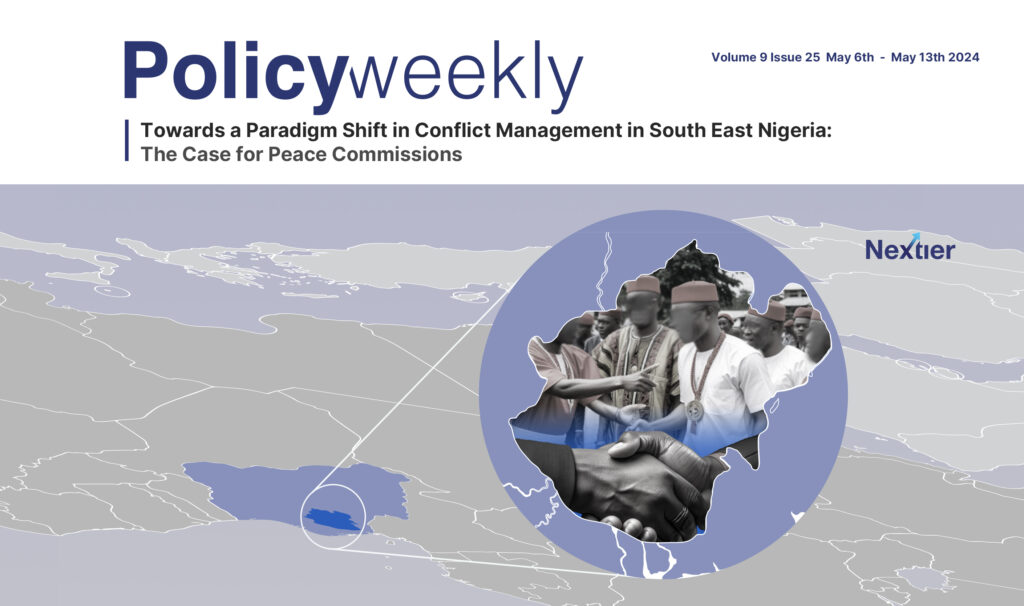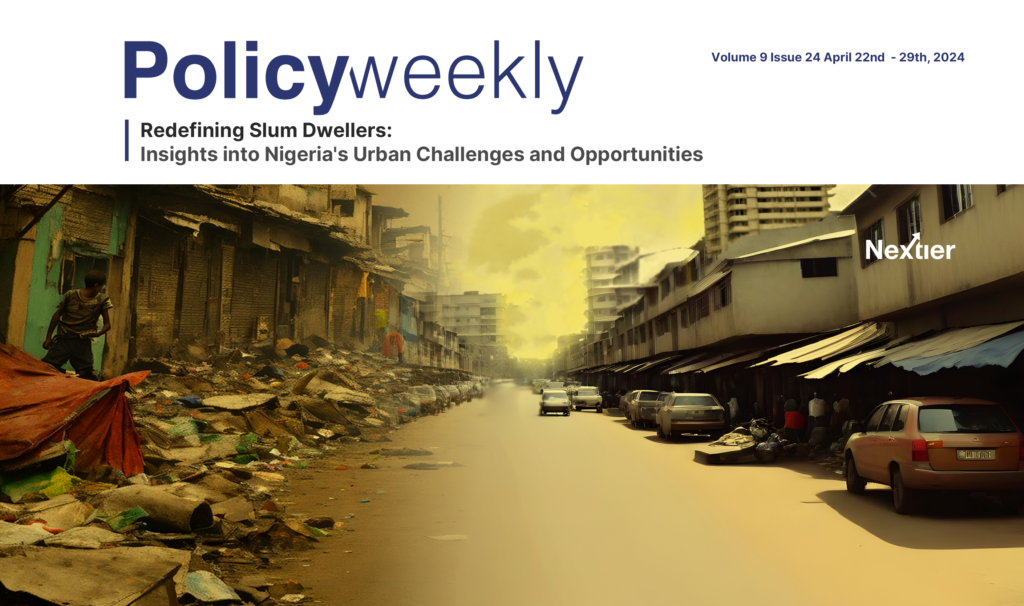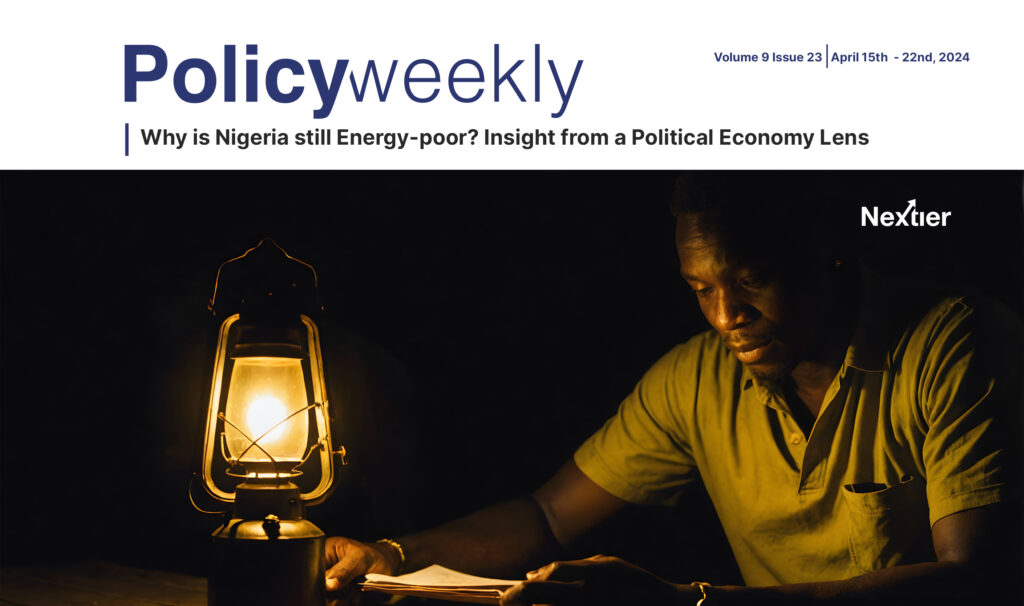The two Mano River Union countries, Liberia and Sierra Leone, are geographically close and share related civil war experiences in the 1990s. Thus, they are part of the ongoing post-conflict healing and institutional restoration. The two countries have since restored elective government systems and have sustained the practice long enough to dispel fears of possible major destabilisation. This year, 2023, they both had their general elections. While Liberia is commended for finishing strong in her elections despite governance issues, Sierra Leone appears to be approaching the fragility threshold due to its vulnerability to the growing incidence of military takeover of power in Africa.
In the last three years, the continent has witnessed at least seven successful military coups in Mali, Burkina Faso, Niger Republic, Chad, Guinea, Sudan and Gabon. There were also a few unsuccessful ones. Analysts refuse to see the Sierra Leone episode as emblematic of a contagion syndrome but as a mere reflection of internal socio-political and economic conditions such as poverty, unemployment, nepotism, poor governance and general economic crunch. Hence, our interest is drawn to the similarities of the experiences of Liberia and Sierra Leone but the differences in the emerging trajectories of democracy and stability.
Therefore, in this edition of Nextier SPD Policy Weekly, we do a brief macrosocial analysis of the governance and politics of Liberia and Sierra Leone, which share conflict and post-conflict rebuilding experiences and how each state extends their internal conditions to politics and democracy.
Click here to download report



